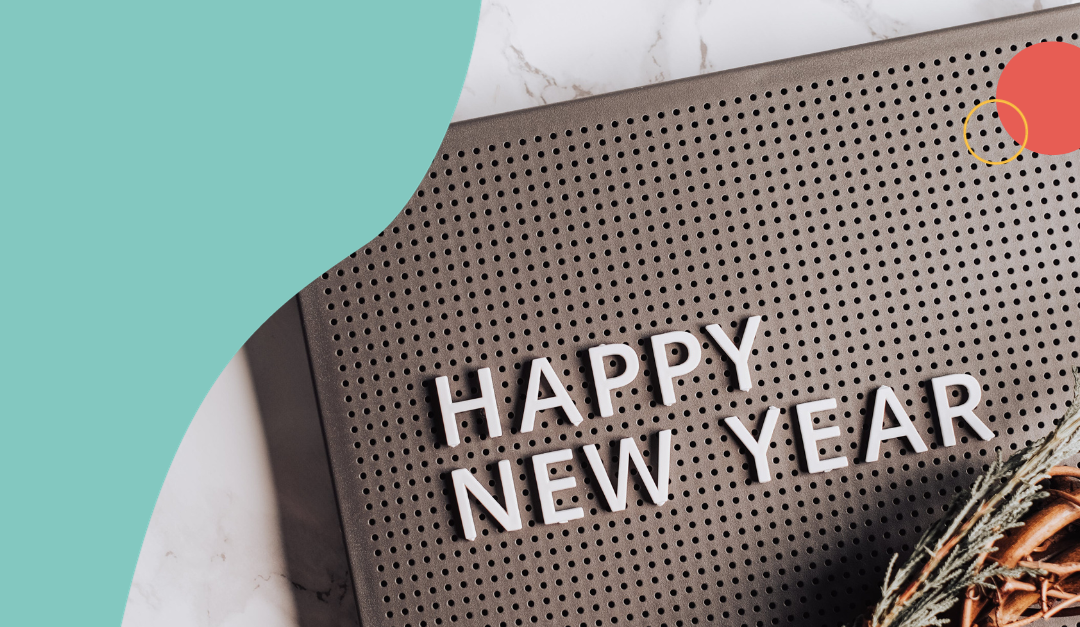
My 2023 Reflections & 2024 Goals
In the closing weeks of 2023, I immersed myself in introspection, reflecting on the year I had just lived and all of the experiences that fueled my growth. I contemplated which pieces of 2023 I wished to carry forward into 2024 and what I needed to release or shift.
With these reflections as a backdrop, I dove into planning for 2024, crafting a vision of what I desired it to be. I created four different categories to anchor my goals: personal wellness, relationships, money & fun. I spent hours shaping and refining my goals, plans, and priorities for the approaching year.
What you’ll find below are my 2023 reflections, alongside my aspirations for the year to come. I know my journey is different from yours, and that’s a beautiful thing. But if I can provide one ounce of inspiration as you look forward to your upcoming year, then my work here is done.
PS: if you want to go through this process on your own, you can start with the clean template here.
2023 Reflections
(1-2 sentences)
1. What did you love about 2023?
I loved the freedom, fun and personal growth I experienced. A lot of core memories were made.
2. What made you feel good in 2023?
I felt a ton of love from my personal and professional community and felt well supported.
3. What did you struggle with in 2023?
I struggled to figure out who I was; what qualified as rebellion vs. who I truly was at my core.
4. Which decisions had positive impacts?
Spending time alone out of a relationship to get to know myself, spending time traveling and having experiences.
5. Which decisions steered me off course?
Spending time and energy on people who were judgmental, drained my energy or unapproving of my lifestyle and choices.
6. What do I want to take with me from this year?
The prioritization of fun and what feels good.
7. What am I ready to let go of?
Any and all insecurities and judgments of myself.
2024 High Level
(1-2 sentences)
What do I want the next year of my life to look like?
The next year of my life will be filled with joy, physical and mental health, financial success, generosity and beautiful experiences with people I care deeply about.
2024 Goals
High-Level Guiding Word: Intention
High-Level Guiding Phrase:
The next year of my life will be filled with joy, physical and mental health, financial success, generosity and beautiful experiences with people I care deeply about.
Personal Wellness
Guiding Phrase
I will prioritize my mental and physical wellness to help me show up as my best self in other areas of my life.
3-5 Goals:
- Go to workout classes (cycle, yoga, barre) 3-5x/week.
- Build movement (stretching, walking) and/or getting outside into each day.
- Book 1 big wellness item/month (massage, facial, body wrap, sound bath, etc.)
- Go to one extended wellness retreat.
- Go to therapy/life coaching 2-3x/month.
Relationships
Guiding Phrase
I will prioritize showing up authentically with people who energize me.
3-5 Goals:
- Spend time with friends and family who make me feel loved and accepted.
- Pay attention to the people who drain my energy or make me feel judged and de-prioritize those relationships.
- Share more vulnerably with the people around me who provide a safe space.
- Express my feelings and opinions openly and without reservation.
Money
Guiding Phrase
I will build wealth and businesses that support my lifestyle and allow me to be generous to others.
3-5 Goals:
- Hit annual revenue goal from all income streams.
- Make one big investment (real estate or tech).
- Grow my personal and Harlow online community (grow to 50k+ followers, 10k+ newsletter subscribers).
- Partner with 8-10 consulting clients who align with my work values.
- Donate at least $10k to charities (cancer, supporting children/youth).
Fun
Guiding Phrase
I will spend ample time enjoying the things that feel good to me.
3-5 Goals:
- Take 10+ trips with people I care deeply about.
- Visit at least 5 new places.
- Live in accordance with *my* wants and needs.
- See at least 2 new artists in concert.
- Try one activity that I’ve never done before (skydiving, bungee jumping, new sport, etc.).
Accountability
Print this out and put in office.
Reflect back bi-weekly or monthly to assess progress.

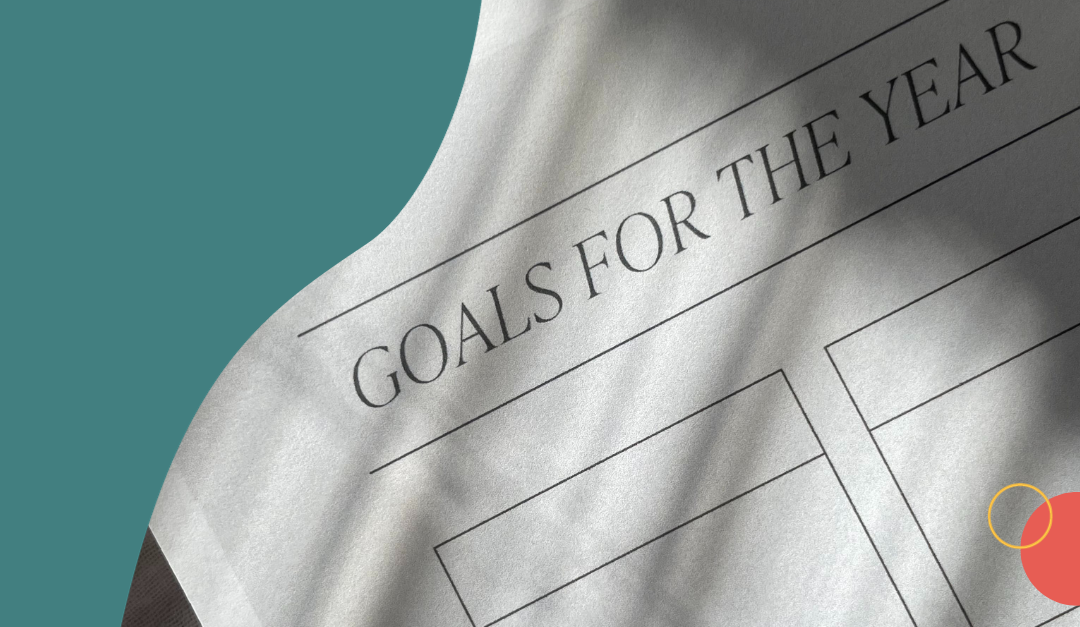
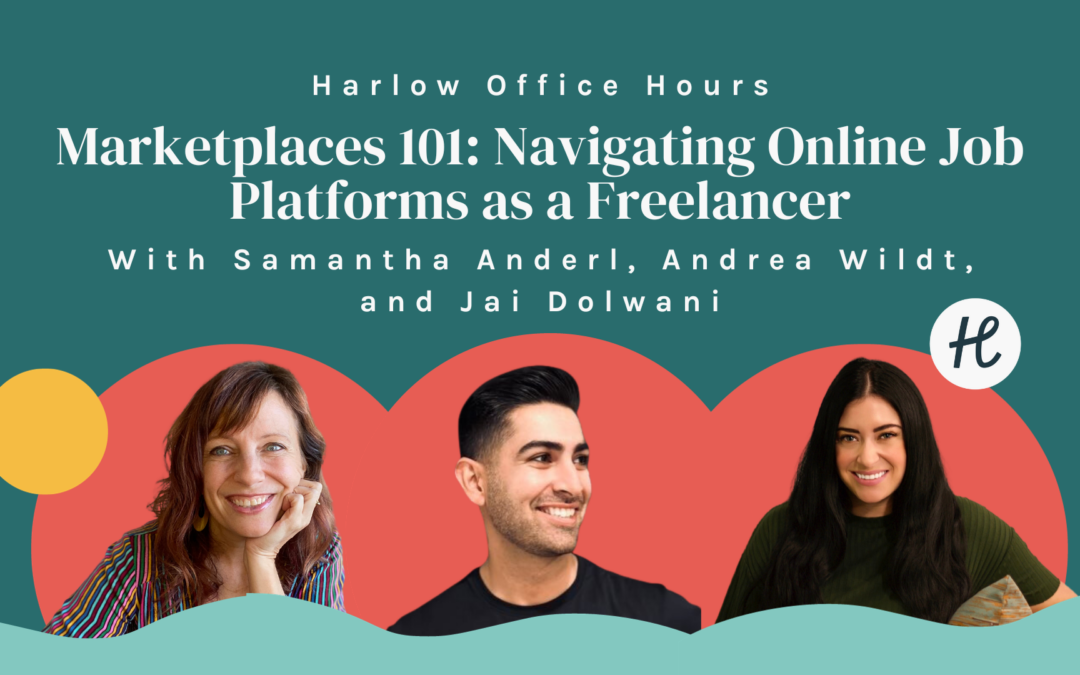
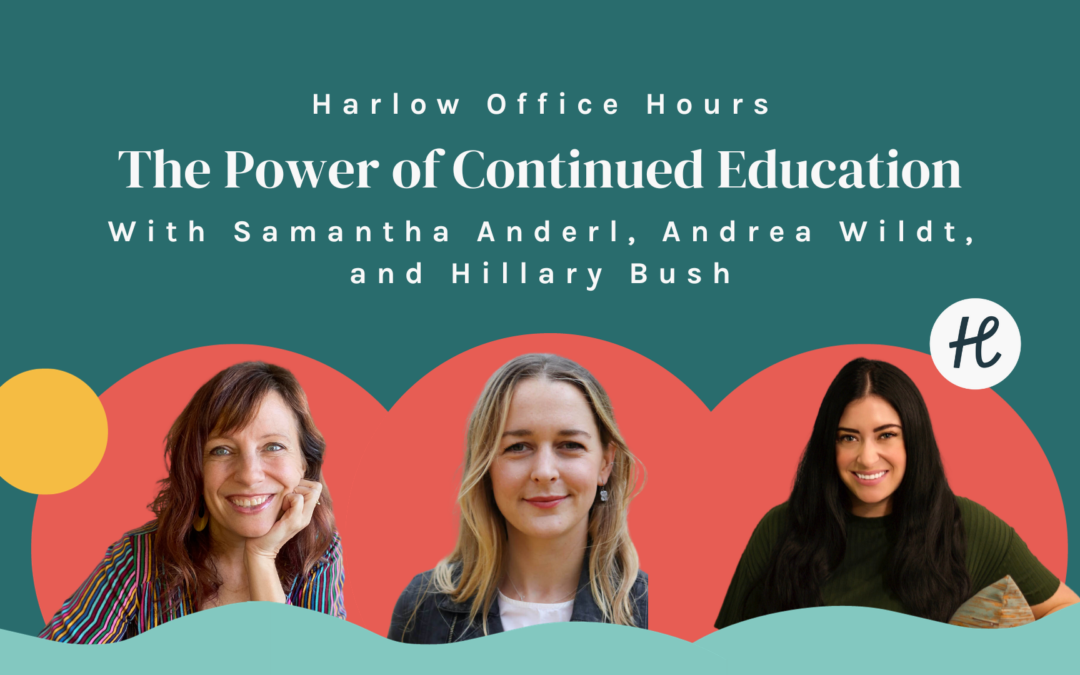
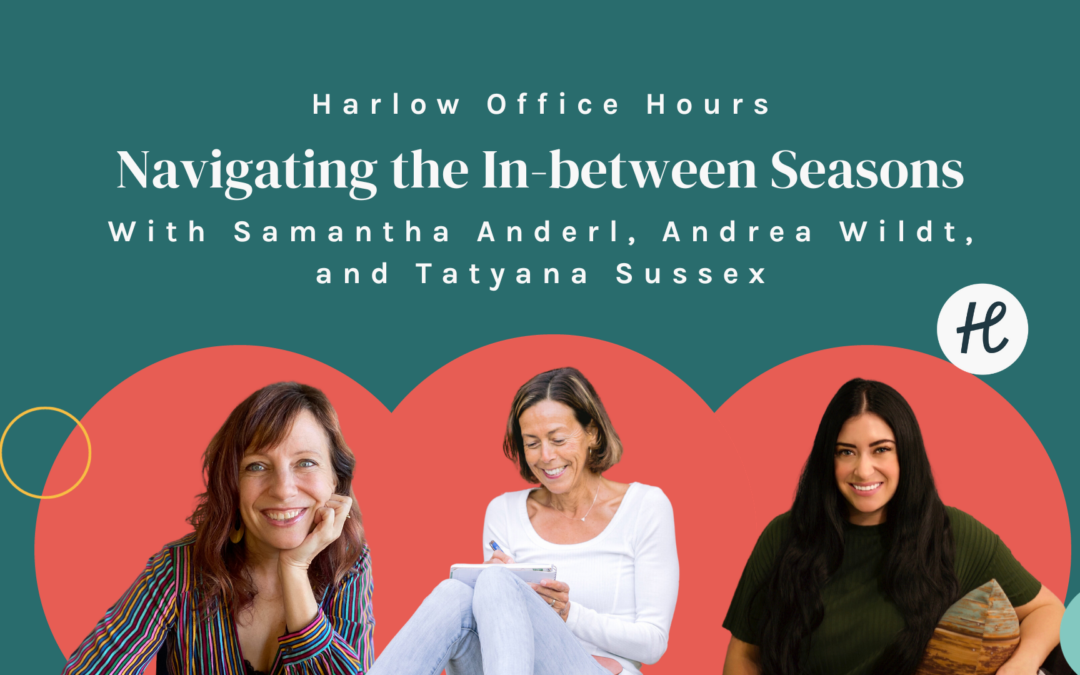
Recent Comments